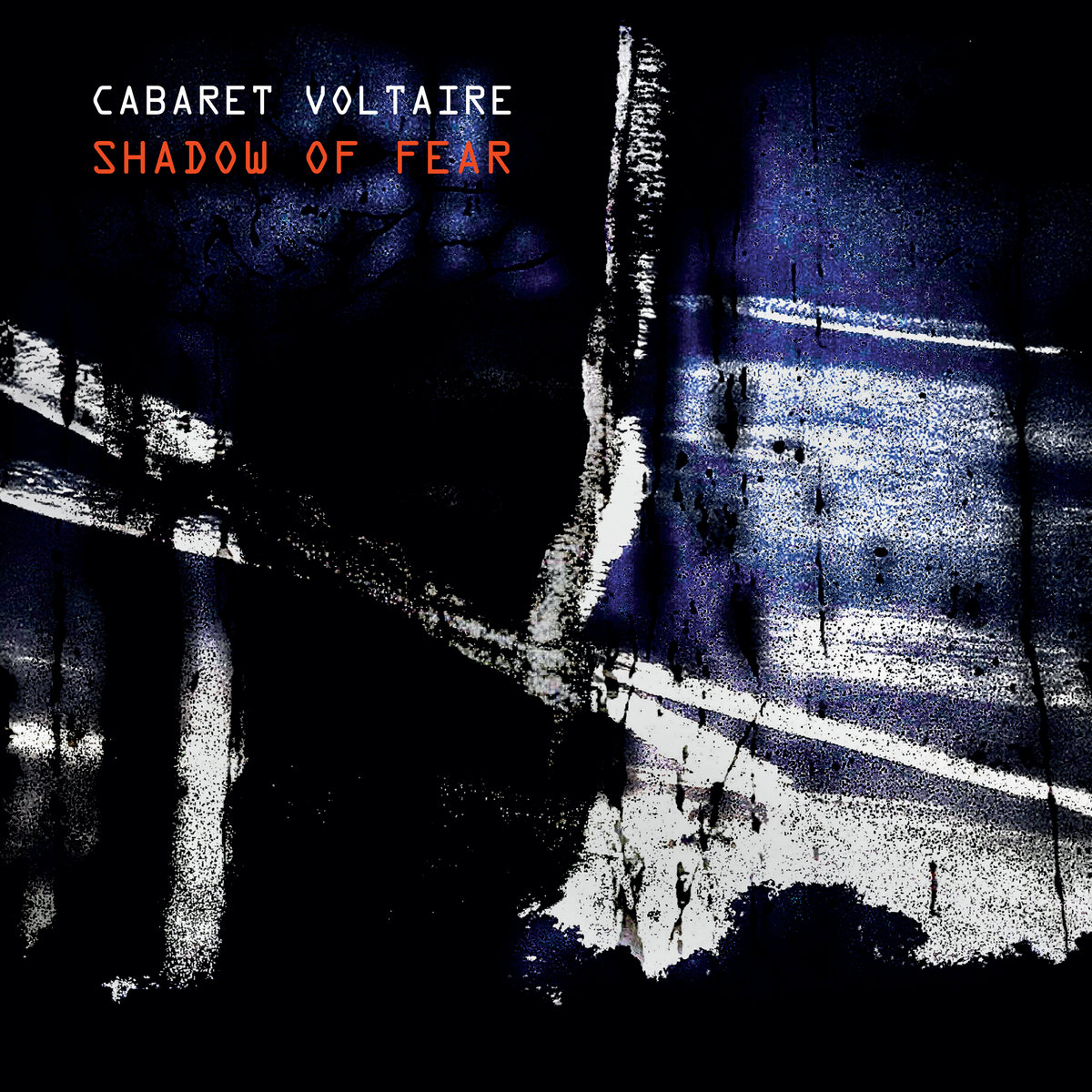 A lot can happen in 26 years, including the return of industrial/noise pioneers Cabaret Voltaire. While now pared down to solely Richard H. Kirk, Shadow of Fear is still a very much a worthy release in the band's canon of dystopian paranoia, hearkening back to the inventiveness of Red Mecca with the rhythms of 2x45, and further improved by rich, expert production. Kirk drags all of the band's musical past into the future, encouraging the listener to dance with boundless abandon as a panacea from the "shadow of fear." The result? Kirk succeeds in injecting a new freshness into Cabaret Voltaire, sounding more energized than like-minded artists a fraction of Kirk's age.
A lot can happen in 26 years, including the return of industrial/noise pioneers Cabaret Voltaire. While now pared down to solely Richard H. Kirk, Shadow of Fear is still a very much a worthy release in the band's canon of dystopian paranoia, hearkening back to the inventiveness of Red Mecca with the rhythms of 2x45, and further improved by rich, expert production. Kirk drags all of the band's musical past into the future, encouraging the listener to dance with boundless abandon as a panacea from the "shadow of fear." The result? Kirk succeeds in injecting a new freshness into Cabaret Voltaire, sounding more energized than like-minded artists a fraction of Kirk's age.
Unlike the often lackluster vision that plagues reboots of classic bands, intrinsic energy fills Shadow of Fear, burgeoned by a year that should not have been. Armed with an arsenal of sound sampling and electronics, Kirk launches musical assaults that span state-sanctioned cruelty, iron-fisted fascist rule, white supremacy, scarcity, and industry loss. Mimicking Plasticity or International Language may have put the raison d'etre for the return of Cabaret Voltaire into question as so many have regurgitated this formula. Kirk instead emerges as a dystopian envoy from a Thatcherian era, mapping that fear onto a present that, in recent times, has felt too similar.
"Be Free" initiates that fear from the onset, disembodied sampled voices reminding the listener to be free even though "the city is falling apart," the message's urgency backed by discordant energy, harsh noise, and persistent rhythm. Rhythm is significant throughout, packing the album with dark dancefloor rippers like "Night of the Jackal," "Papa Nine Zero Delta United," "Universal Energy," and "Vasto." The album ripples with Cabaret Voltaire's most commanding declaration of movement to date, harsh aesthetics working in perfect synchrony with clangorous rhythms. "Universal Energy" is a superb example of this, an almost 11-minute belter that deserves played at top volume. This track is immediately followed by techno groover "Vasto" which masterfully interpolates the classic riff from Bronski Beat's "Smalltown Boy" with throbbing percussion.
Shadow of Fear evokes considerably more than a desire to return to the dancefloor, though there is no mistaking the mad dancing to be had. The music of Cabaret Voltaire has long moved both body and brain. Kirk remains respectful of these roots, upholding Cabaret Voltaire's core mission as a prescient musical voice, dance music masquerading in an almost oppressive intensity. Solo Kirk has successfully crafted a sound that's unmistakably Cabaret Voltaire, as opposed to a solo Kirk album, by leveraging pieces of the sounds he initially helped create. Kirk generally stuck to older synths and drum machines for the album to better sonically recreate the group's early work's dense and twitchy sounds, rather than use the modern electronics he has used for his solo and remix work. These primitive sounds are more timely than ever, a soundtrack for dancing while doomscrolling, moving while quarantined, or simply settling into the new reality with a good pair of headphones.
 
Read More

